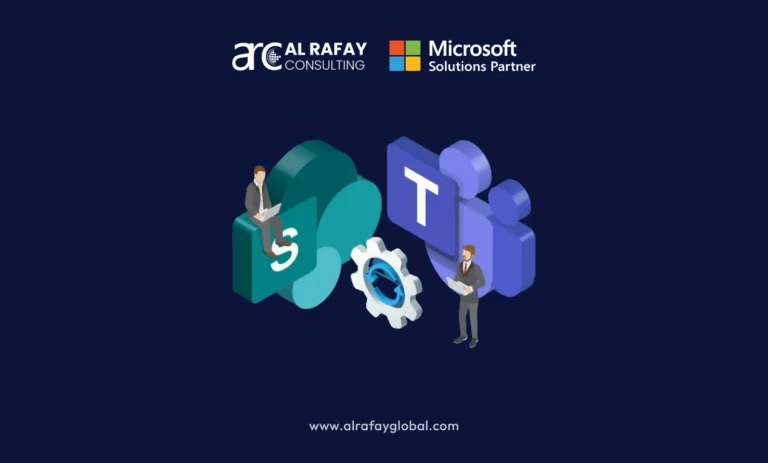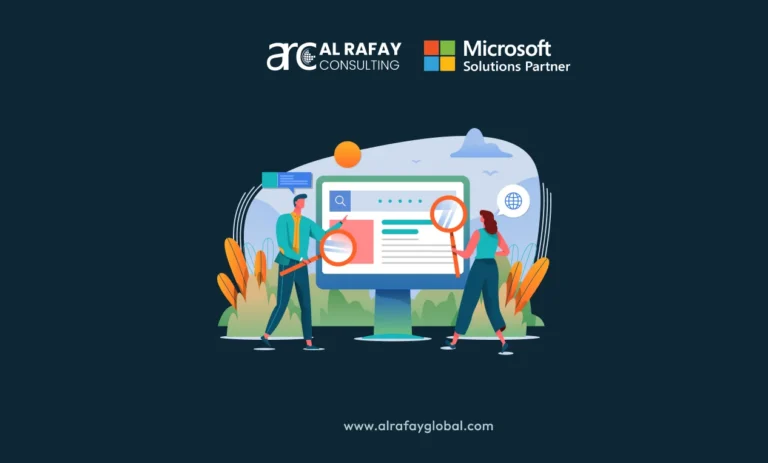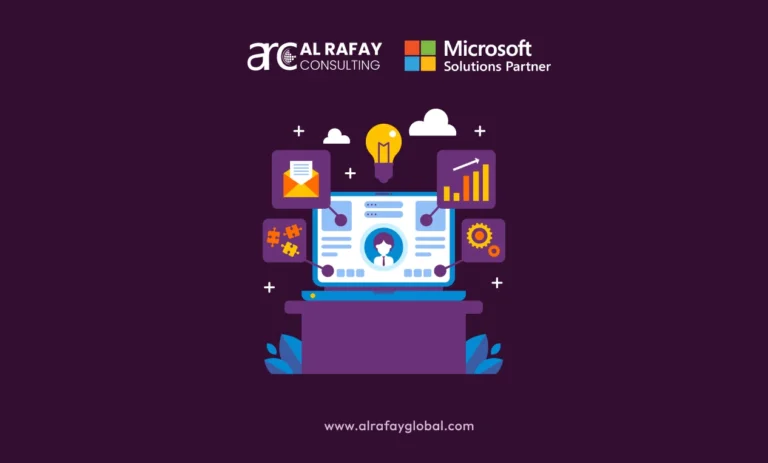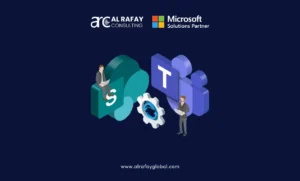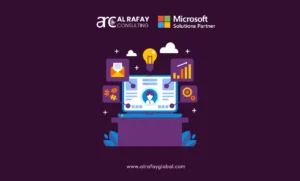As you strategize to design and develop the next digital app for your organization next digital app, you will likely be dazzled by the available options and technology. The great news is that a wealth of technology is available to make your life simpler and more efficient. Businesses are migrating to the cloud, and many are implementing mobile and tablet-based applications to boost customer service, organizational learning, and employee engagement.
Every dynamic, fast-growing business faces challenges that have no predefined solutions. Perhaps it’s a flaw in how two departments collaborate, annoying delays in business processes caused by distributed sources, or operational inefficiencies caused by massive paperwork. Automating workflows and processes with operational data and systems can be hectic, time-consuming, and challenging.
The solution to such complicated issues is digital transformation, and Microsoft Power Platform is spearheading this revolution with its technological services. One of the most used and valued products in the suite is Microsoft Power Apps development platform. You might find it interesting that Power Apps has been ranked the best on strategy by Forrester as a pioneer in low-code development platforms.
How will these custom apps help your enterprise and employees?
Let’s explore!
What Are The Benefits Of Microsoft Power Apps Development For Modern Enterprises?
Low-Code Or No-Code Technology
The ‘low-code approach to app development’ distinguishes Microsoft Power Apps development from other platforms. Anyone, regardless of technical skill, can create an app. It’s worth noting that there is a significant learning curve for those who want to develop their apps. So unless you’re a developer, you should preferably work with your Microsoft Partner to create and design anything but the most basic applications. One of the primary advantages of a low-code approach is that it allows for much faster app deployment than traditional development methods.
Apps do not always need to include code because the Power Apps web interface provides toolboxes that enable the development and design of the app’s form using the GUI. Fields can be added and removed, and screen layouts can be changed using the designer interface.
Single, Integrated Platform For Developing Apps
The support of Single-Sign-On (SSO) features makes it easier to design mobile apps and gives developers the ability to produce native apps more quickly. It has free and open-source libraries as well as top-notch code. Additionally, the platform is cloud-based, which lowers the cost of developing and maintaining the app. Additionally, it is adaptable and straightforward to include in ongoing development projects.
It allows users to distribute their apps across various platforms, including Android, iOS, Windows, and web-based. You can easily connect native apps as a developer. You can avoid new third-party tools, services, and developer communities. Additionally, you might focus on characteristics that set your app apart from others.
Cost-Effective And Budget Friendly
The fact that Microsoft Power Apps consulting and development are quite affordable is another considerable advantage. It cuts down on the amount of time and work needed to construct an app because it provides several pre-built templates, out-of-the-box connectors, and other things.
According to the Forrester study on the Total Economic Impact of Microsoft Power Apps, businesses that used Power Apps to create their apps cut their expenditures by 74%. After the program was deployed, it was also simpler (and less expensive) to operate and maintain it. Plans for Microsoft Power Apps can be purchased for as little as $10 USD per app per plan.
Featuring Connectivity with Other Microsoft Tools
Being a Microsoft product, the Power Apps Platform has the full capacity to interact with other Microsoft tools, which is one of its key benefits. It signifies that programmers can use information from Microsoft programs (such as Dynamics 365, SharePoint, Excel, etc.) and other outside services. By Power Apps consulting services, you can have the potential to link your app effortlessly with other platforms due to the variety of connectors that are now available.
Multiplatform Accessibility With Ease Of Deployment
Users who create mobile apps outside of Power Apps must submit them to Apple or Google for review before they can be distributed through those app catalogs or stores. Whereas Power Apps allows businesses to build and quickly deploy apps from the leading platform to their designated catalog. Users can share and access any Power Apps app from a tablet, web interface, or mobile device. It removes the unnecessary complexity associated with conventional app development.
Security and Governance
The Microsoft Dataverse, which employs a role-based security model, is used by Power Apps. It means that security roles can be established for users using a specific set of access permissions, ensuring that employees only see data relevant to their specific role. When businesses first begin to use Power Apps, they may be concerned about user access and restricting specific information within an app. On the other hand, Microsoft has implemented capabilities to confirm that the apps are secure and that privileges can be granted as needed.
Get Microsoft Power Apps Development By An Experienced Microsoft Partner, Al Rafay Consulting
Boost your business efficiency by converting complex and tedious tasks into Low-code apps developed on the robust Microsoft Power Apps development platform. Al Rafay Consulting is a certified Microsoft Partner based in Chicago, Illinois, and has developed a wide range of enterprise apps leveraging the broad Microsoft technology stack, which has helped our clients in numerous ways.
To know more about the worth of Power Apps platform, read our previous blog on custom mobile apps based on the ingenious and low-code platform of Microsoft Power Apps.



